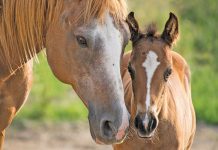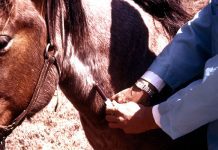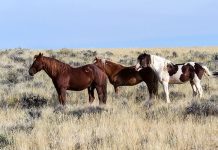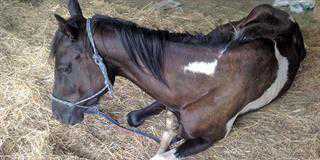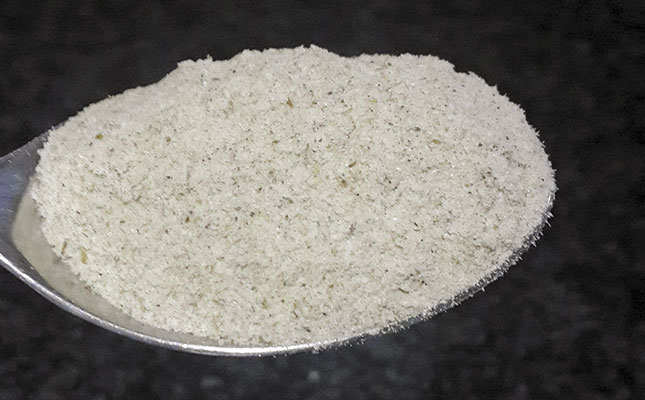
It has come to my attention over the past few years how many horses suffer from colic and ulcers. Most horses live in artificial circumstances. But they have evolved to trickle feed: they need to graze slowly for most of the day and require a constant supply of grass to keep their gut healthy. Unfortunately, because of the vast amount of grazing that a horse needs – 1,1ha – and the restraints in towns, most horses stand in sand paddocks and eat cut, dried grass. This makes them prone to stress and unhealthy bowels.
Sand and the intestine
The problem is that horses in this environment typically pick up sand when trying to eat very short grass or bits of hay left on the floor. The grains of sand then accumulate in the intestine, causing colic. When the gut is not full of grass, the animal becomes stressed, and this in turn contributes to ulcers.
Horses also need to have freedom to move. In the wild it is estimated that horses travel an average of 30km a day, so being confined to a small paddock places them under great stress.
Psyllium Husk seed
It is easy to check if your horse is consuming sand. Take a few faeces and drop them into a glass jar filled with water. Agitate until all the faeces have broken up. Let the mixture stand and settle. If there is sand at the bottom of your jar, that is your answer.
Psyllium husk seed is a excellent product that can be used occasionally as a feed additive to improve the health of a horse’s bowels. The seeds contain about 19% fibre, 18,8% protein, and 10% to 20% triglycerides. The husk is 34% insoluble fibre and 66% soluble fibre, an optimal balance. The husks help to improve the movement of food through the gastrointestinal tract.
Psyllium seed is considered a good intestinal cleanser and stool softener. It acts like a very gentle broom, sweeping the tract clean. The seeds are coated with mucilage, a naturally slippery and sticky substance that is insoluble in water and picks up the sand, expelling it from the bowel.
Mucilage
The body does not digest mucilage, so the resulting large soft mass moves through the intestines, usually triggering intestinal muscle contractions. The mucilage also forms a slick coating on the walls of the intestines. All of this helps to prevent or relieve constipation.
If you are sure your horse is drinking enough water, add 100g of psyllium seed husk to its feed in the morning. Do this for 10 days to treat constipation and sand ingestion. To maintain a healthy gut, add 20g to your horse’s feed every morning – and make sure there’s adequate water available at all times.


